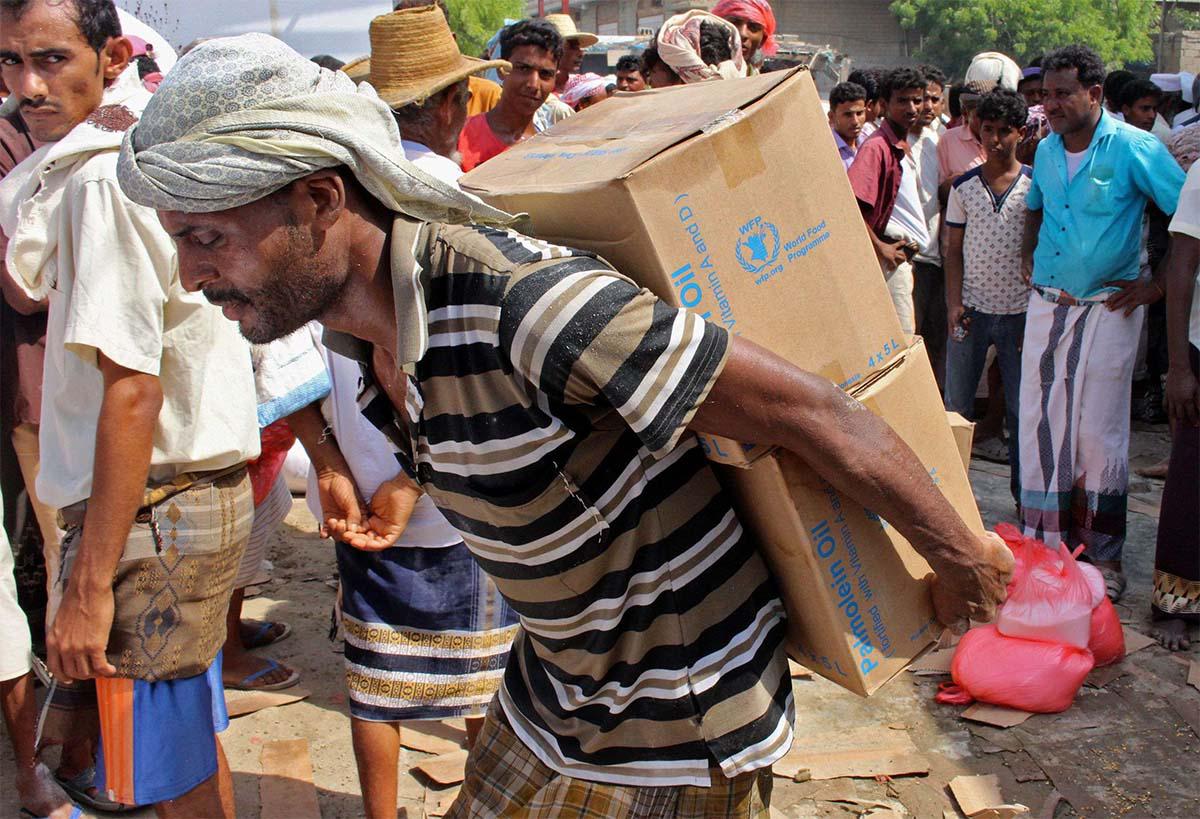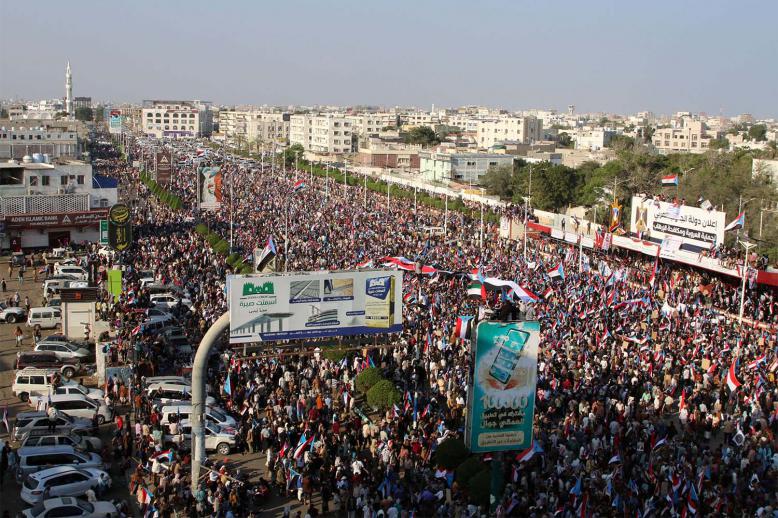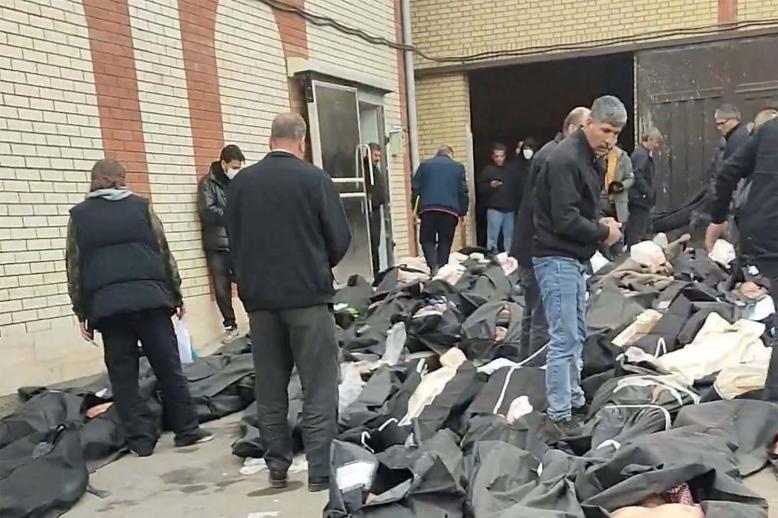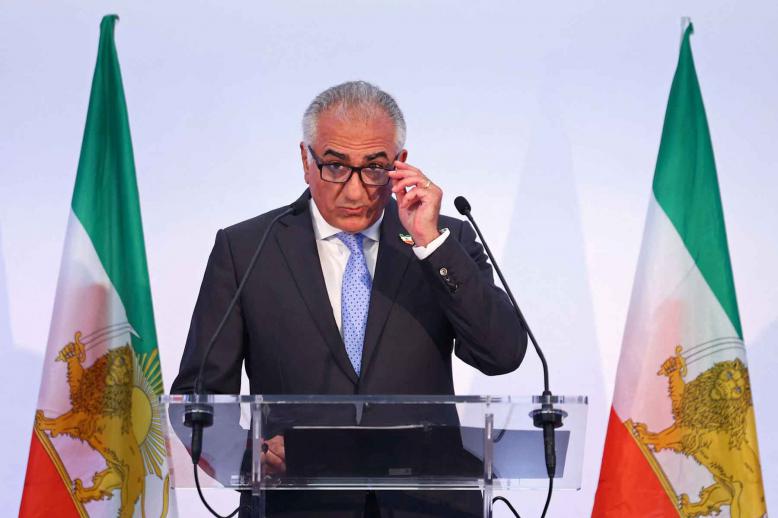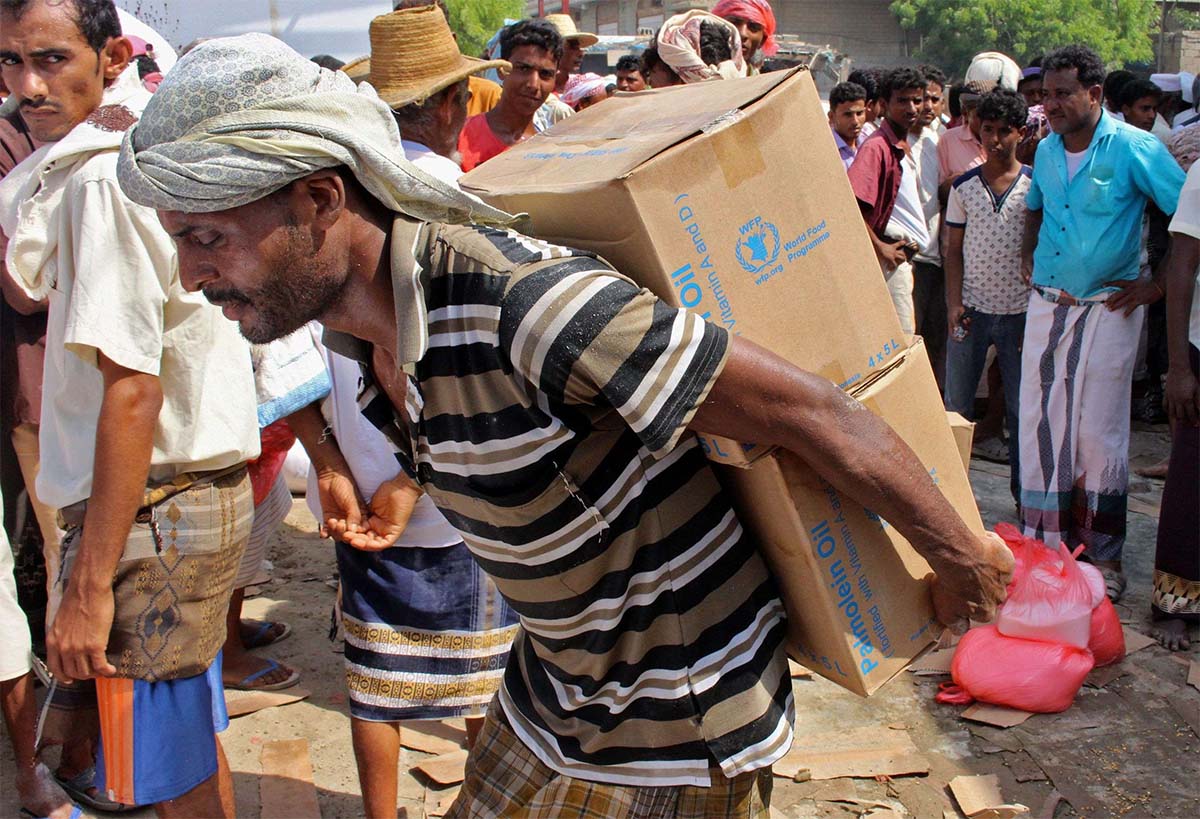UN agency accuses Huthis of manipulating food aid
UNITED NATIONS - The head of the World Food Programme threatened Monday to suspend aid deliveries to Huthi-controlled areas of Yemen, charging that the humanitarian relief supplies were being "manipulated."
David Beasley, the UN agency's director general, said deliveries would be suspended towards the end of the week unless there was a change of attitude by Huthi forces.
"Our food assistance is being manipulated, and we are being blocked from fixing it," he told a UN Security Council meeting on Yemen.
"All we are asking is to let us do what we do everywhere else all over the world. Children are dying right now because of this," he added.
Beasley said manipulation of aid deliveries was also a problem in government-controlled areas, but cooperation there had been sufficient to get those impediments lifted.
Beasley warned the Huthis in early May that aid to their areas could be suspended if they did not put an end to the diversion of shipments.
The World Food Programme in the past has accused certain Huthi leaders of "obstruction" and "non-cooperation," denying access to humanitarian convoys or creating obstacles in the selection of recipients of the aid.
The Security Council also condemned "in the strongest possible terms" a Huthi missile attack on an airport in southern Saudi Arabia last week in which 26 people were wounded.
During the Security Council meeting, Mark Lowcock, the UN undersecretary-general for humanitarian affairs, decried the lack of progress in the overall situation Yemen, which has been engulfed in a devastating civil war since 2015.
"Just as in 'Groundhog Day,' the details in my briefings to you change from month to month. The larger picture though does not," Lowcock said, referring to the 1993 movie about a man trapped in an ever-repeating time loop.
According to humanitarian relief organizations, tens of thousands of people have died, many of them civilians. The UN estimates that 3.3 million people have been displaced and 24.1 million, about two thirds of the population, are in need of assistance.
Addressing the Security Council, the UN special envoy for Yemen, Martin Griffiths, deplored the absence of progress in an exchange of prisoners agreed in December in Sweden.
"I am deeply disappointed by the lack of progress on the implementation of the exchanges of prisoners and detainees agreed in Stockholm," he said.
"This is in essence a humanitarian issue which would provide relief for the prisoners and detainees, and reunite them with their loved ones."


